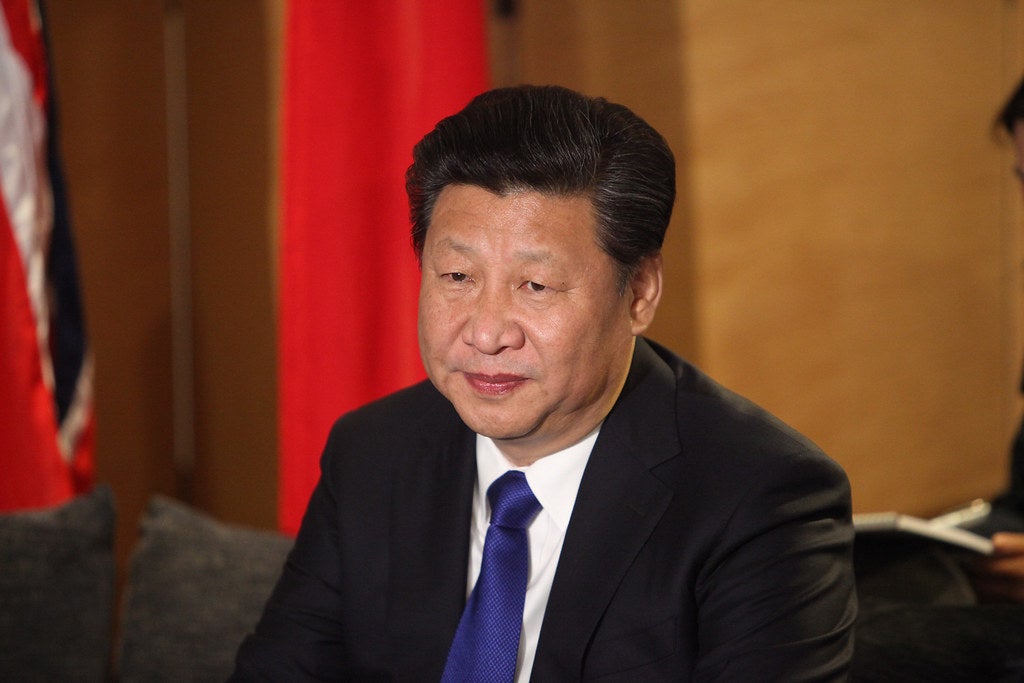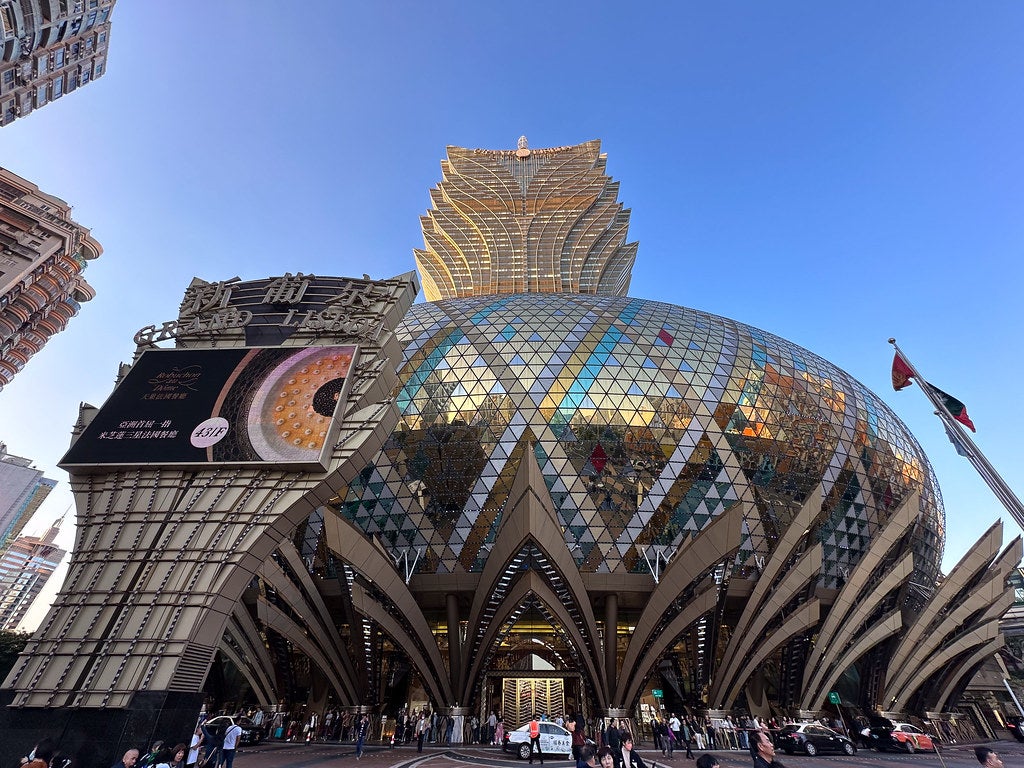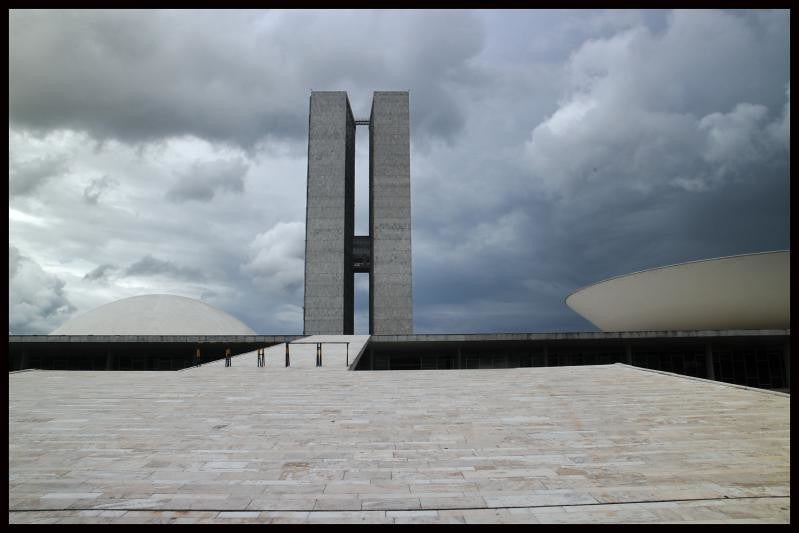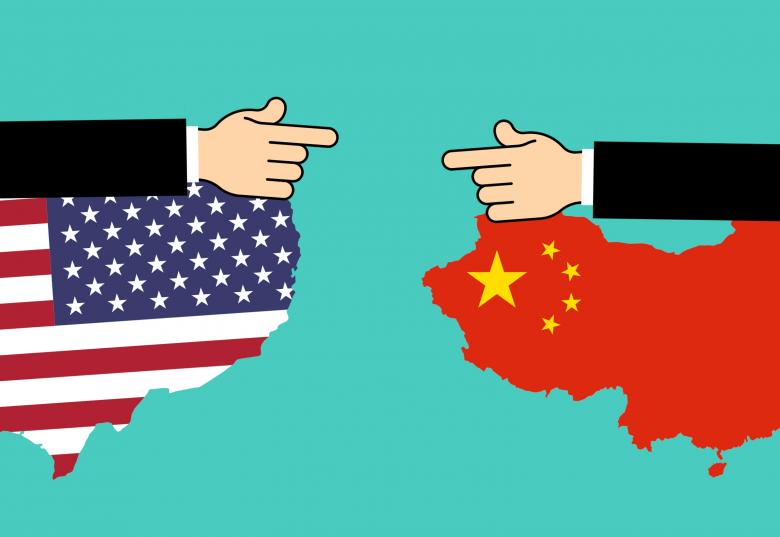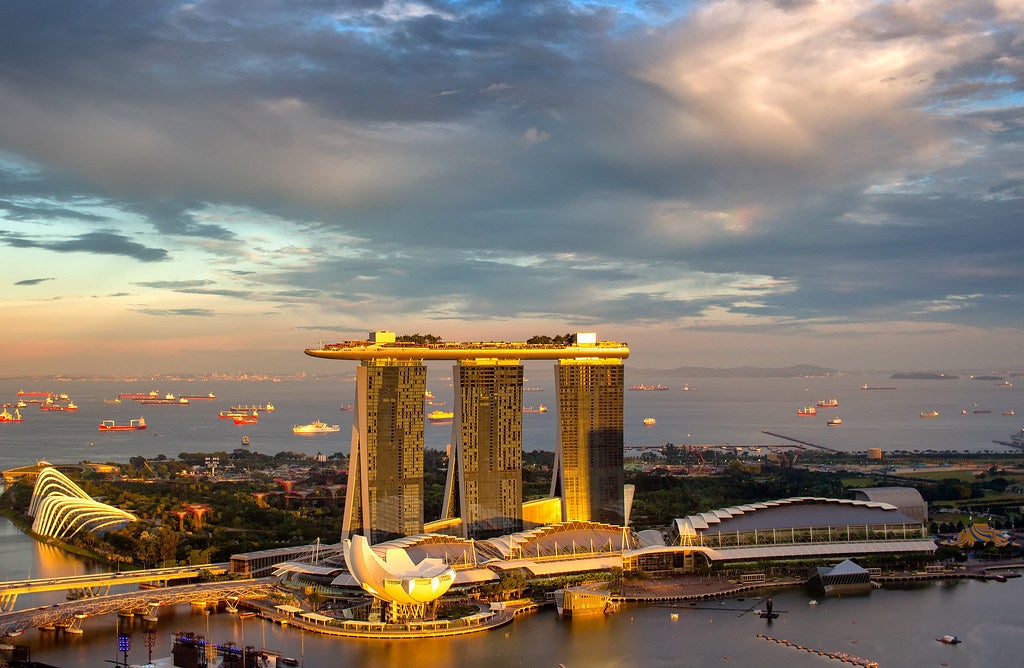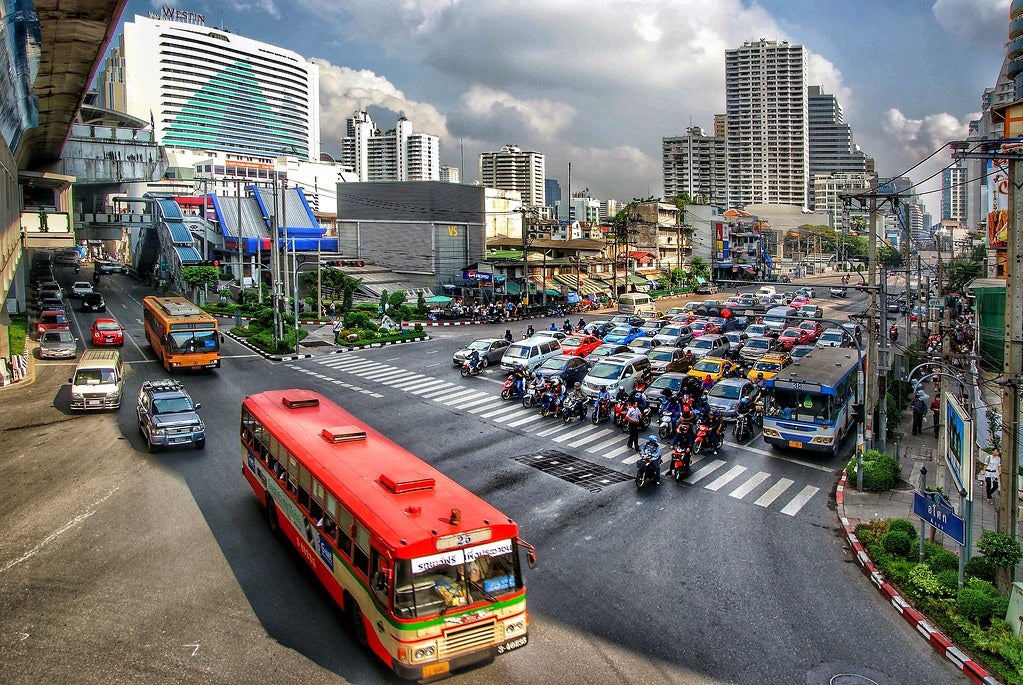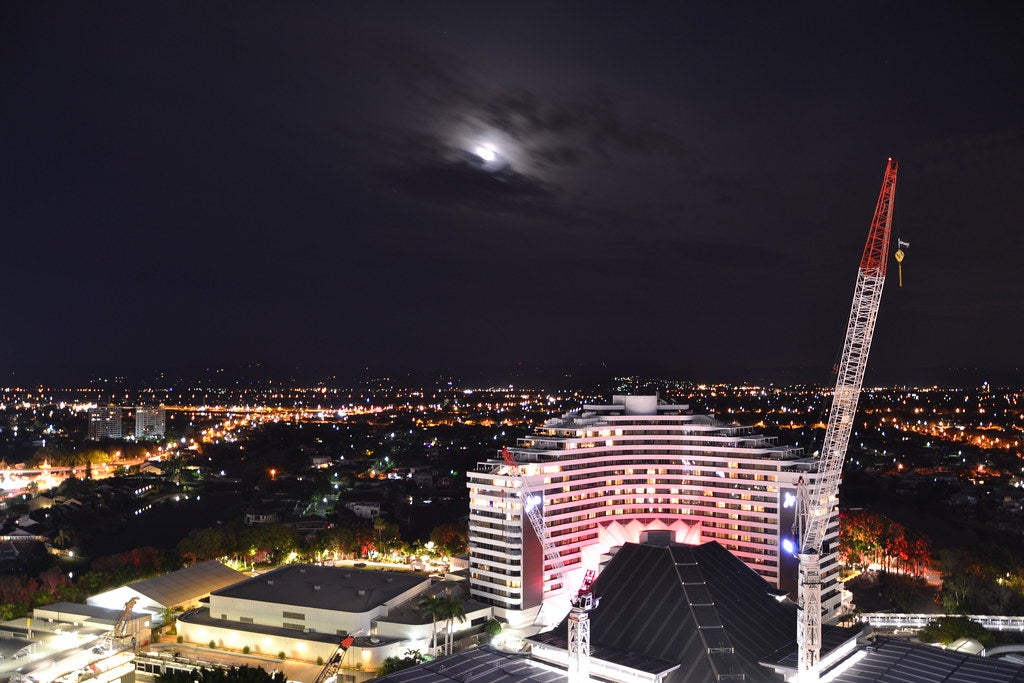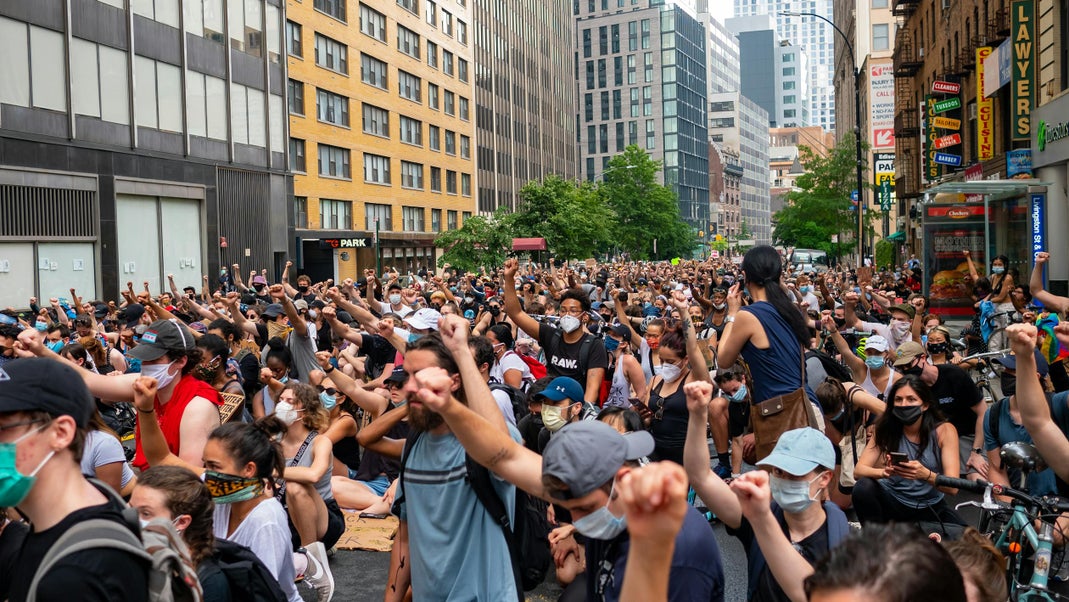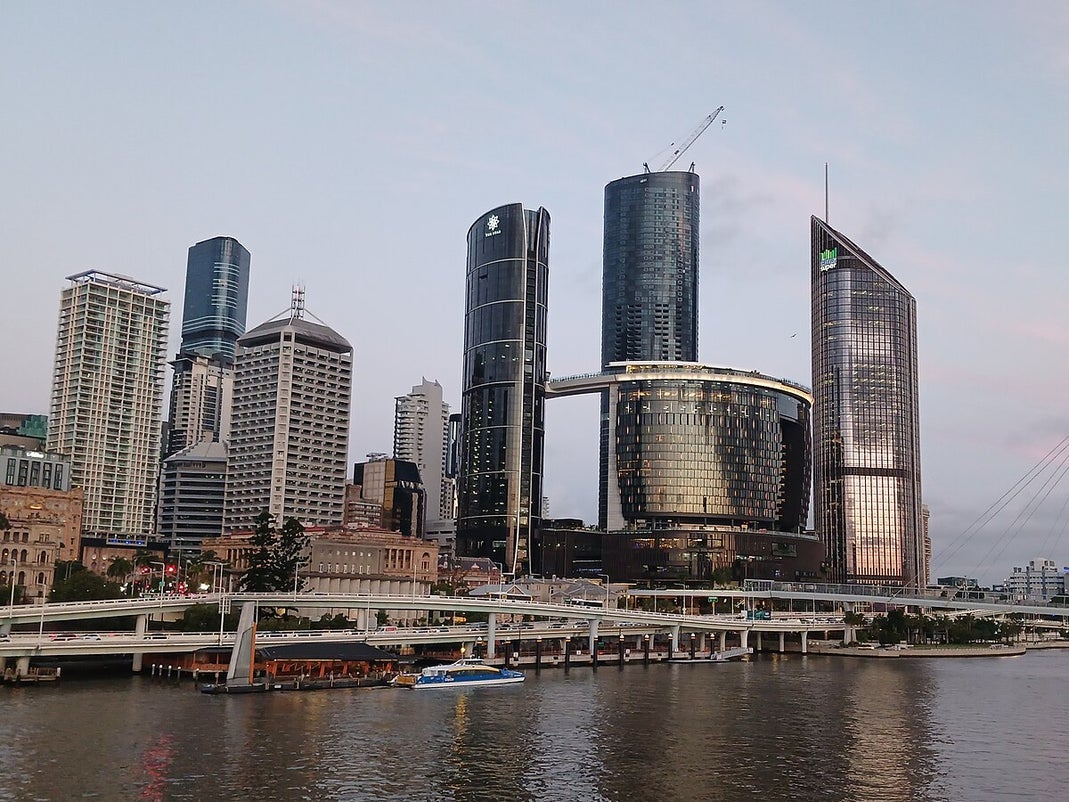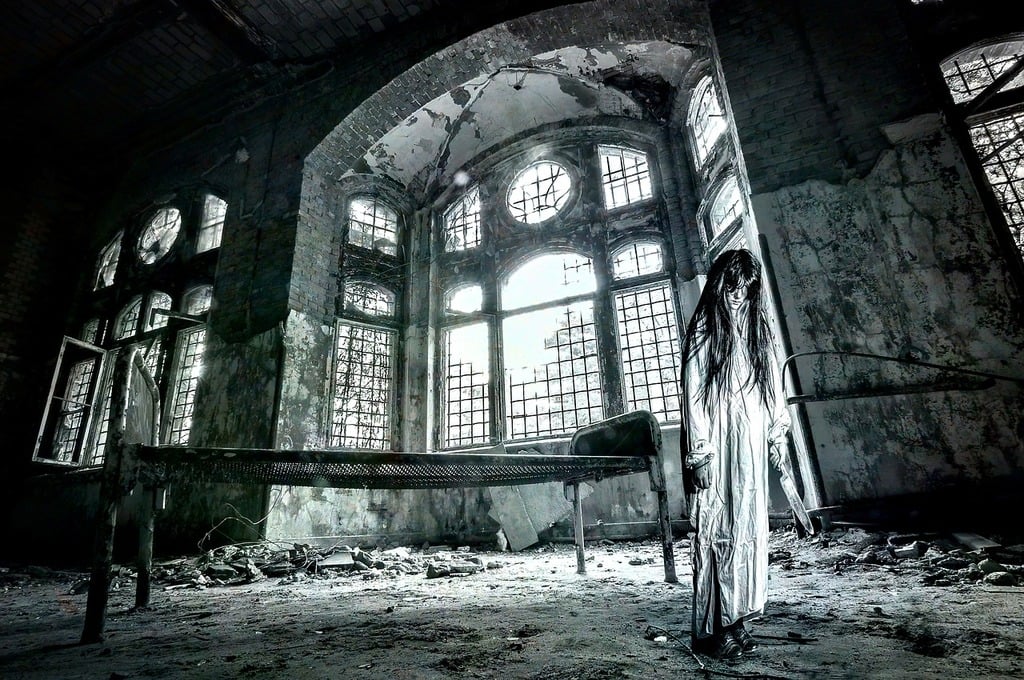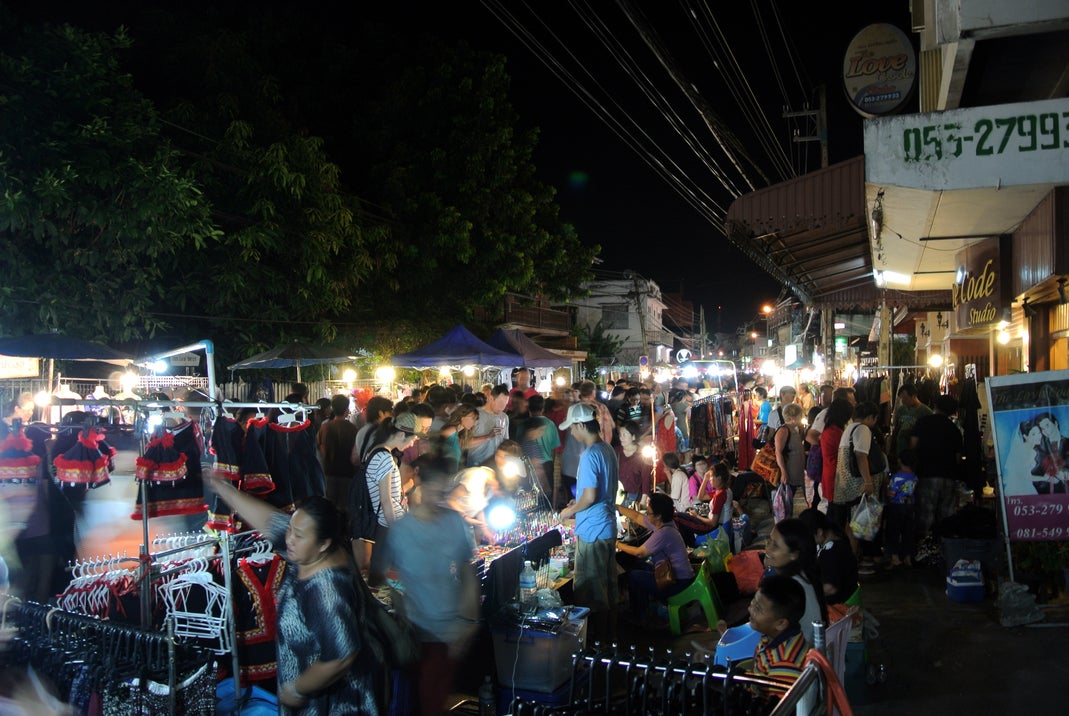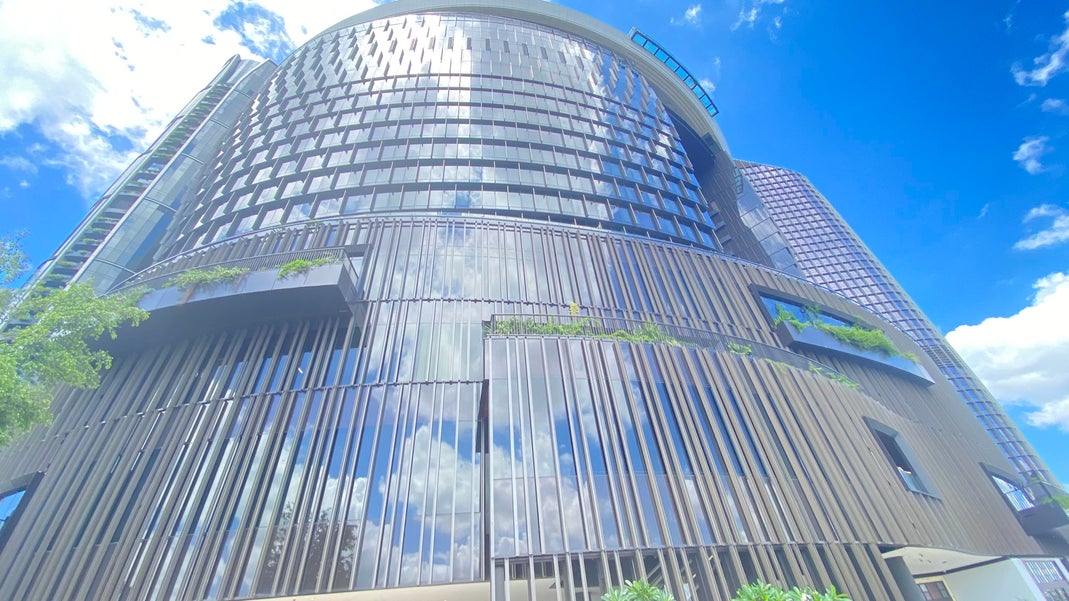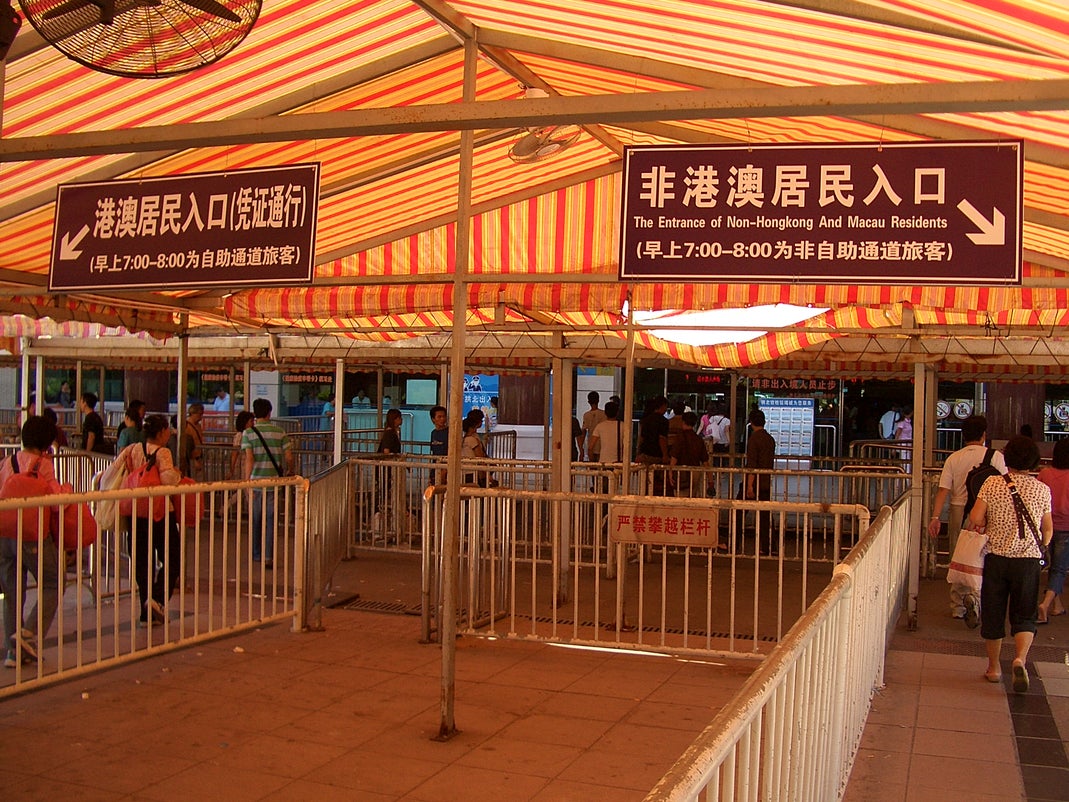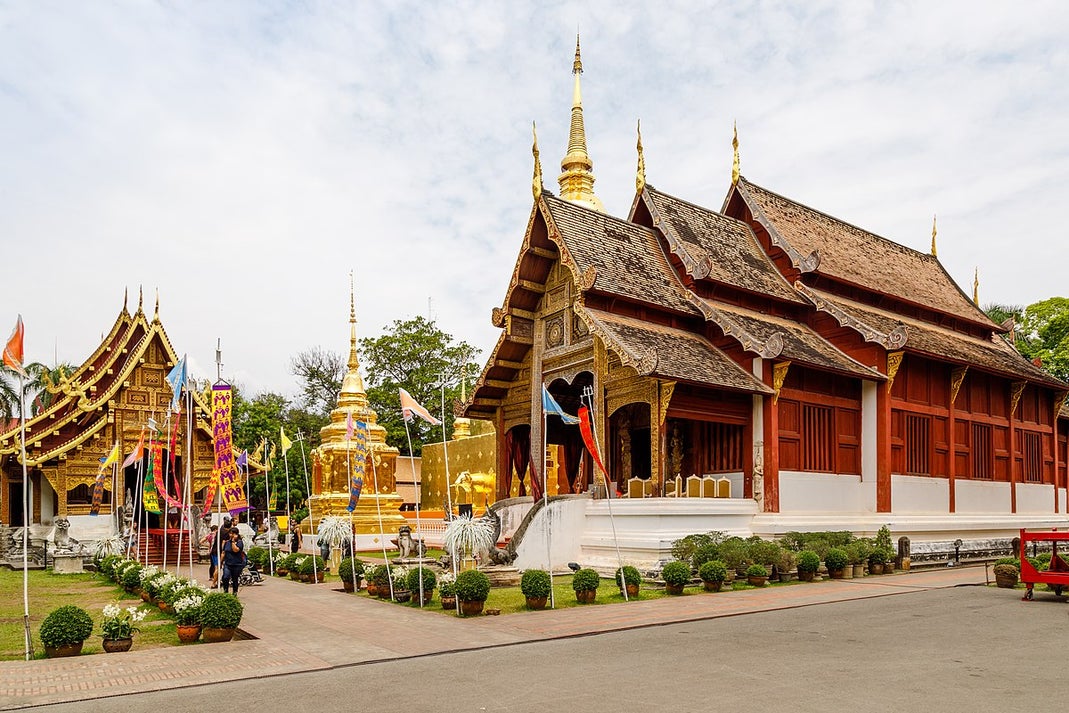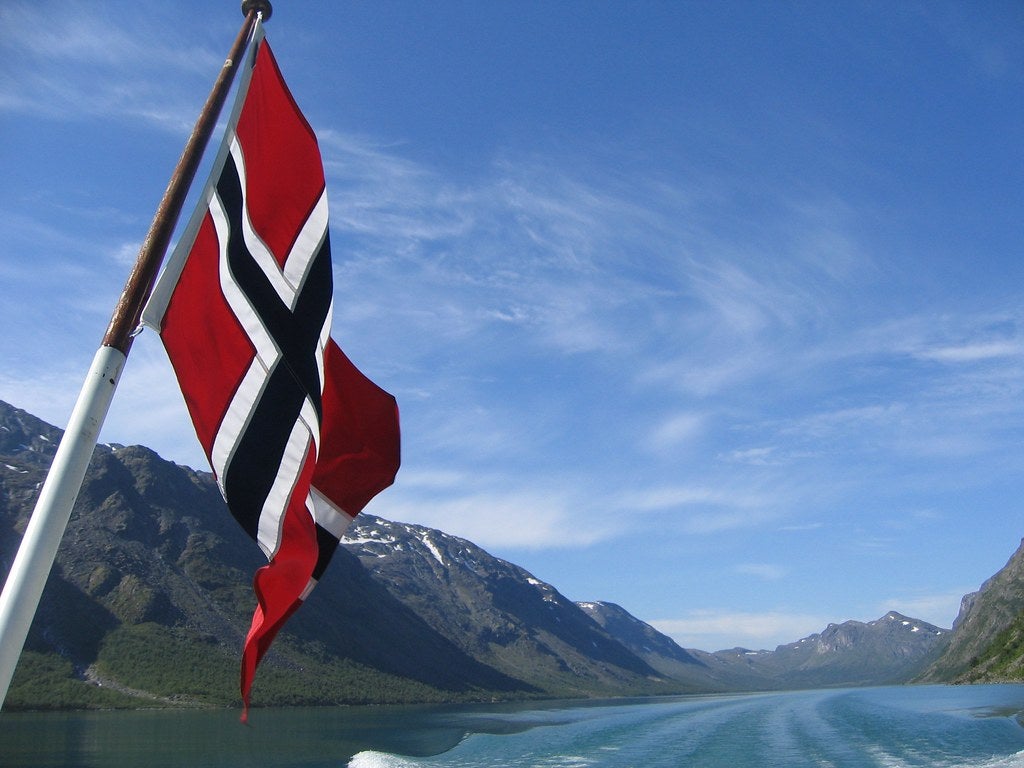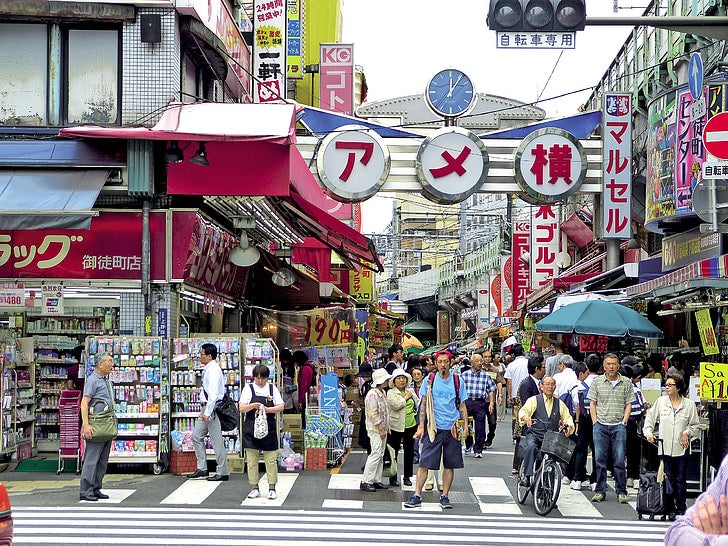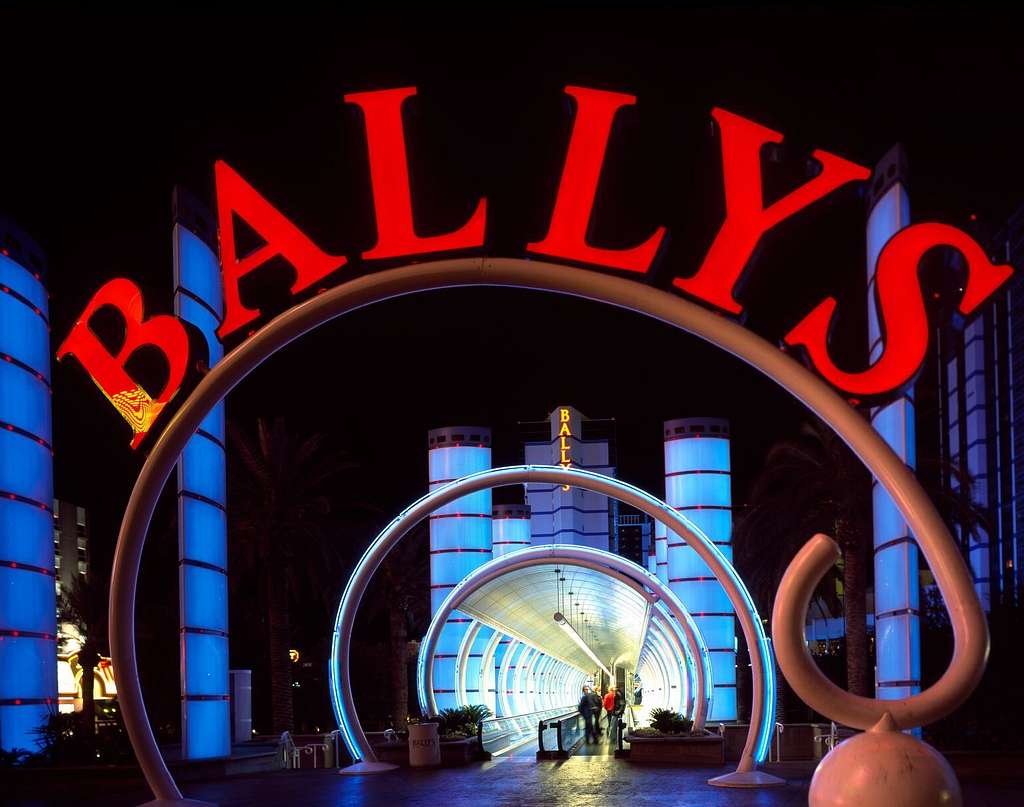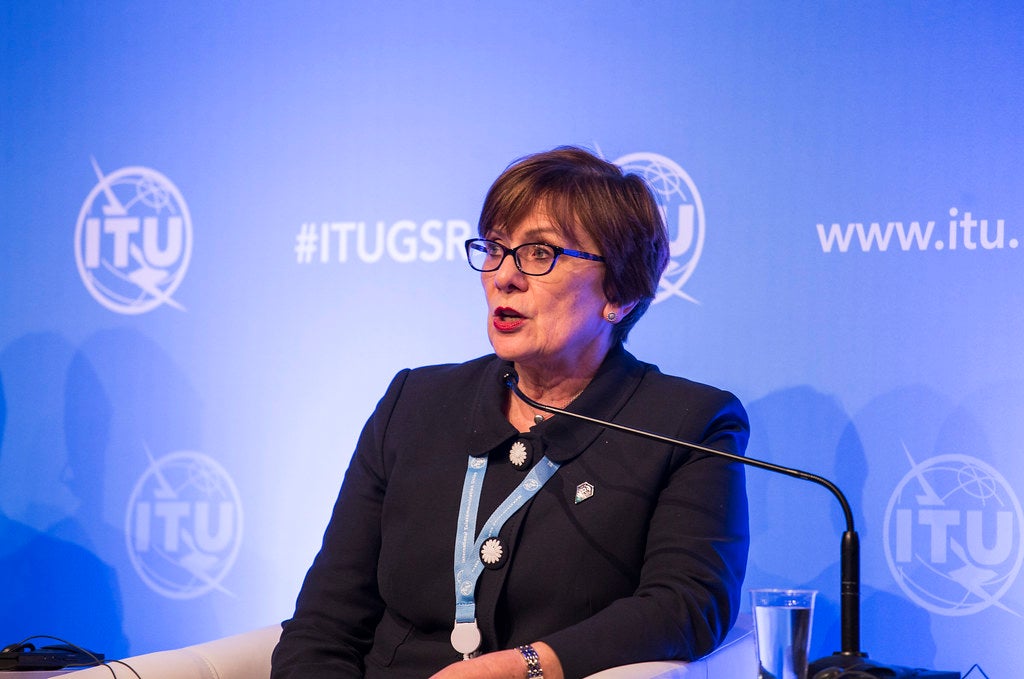Weighing Potential Risks and Benefits
During her visit to China, PM Shinawatra discussed the vision behind the entertainment complex project, highlighting its role in boosting Thailand’s tourism and generating significant tax revenue. The funds would be used for national development in the education and infrastructure sector.
President Xi Jinping pointed out the move could increase criminal activities, a viewpoint used to mold China’s gambling restrictions. The Thai premier assured Xi they were aware of the concerns and would study them before legalization. Paetongtarn also expressed her government’s willingness to learn from China’s regulatory approach to strike a balance for economic benefits and mitigate social risks.
Economic Goals and Social Responsibilities
Thailand’s government, under the Pheu Thai Party’s leadership, advocates for the legalization and regulation of gambling services to deal with illegal gambling and tap into a new revenue stream. PM Shinawatra acknowledged the existence of illegal gambling establishments that make no revenue contribution to public welfare.
“We have to admit that some illegal gambling dens are still operating in the country. The money changing hands in those gambling dens does not benefit the country. If they are legalized, revenue can be collected from them and used for national development projects,” Paetongtarn explained.
Bill Progress and Public Concerns
The Thai Cabinet approved the Entertainment Complex Bill in principle in January this year. It is currently awaiting consent from the Council of State. The Beijing discussions underscore the Thai administration’s cautious approach to the matter and consideration of its strong diplomatic ties with China.
The project still has critics expressing the public’s desire for direct involvement in deciding on the bill. A recent NIDA study revealed that most Thais were against the legalization of gambling. Also, a civil network has launched a campaign advocating for a referendum to voice the public’s desire.


